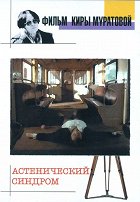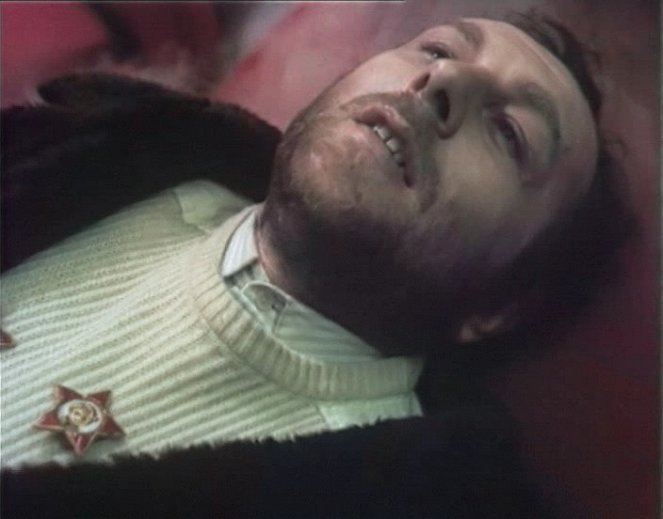Ohjaus:
Kira MuratovaKuvaus:
Владимир ПанковJuonikuvaukset(1)
Asthenic syndrome is a term for the feeling of fatigue, emptiness and weakness. These symptoms have afflicted Nikolay, a teacher with writing ambitions, and recently widowed doctor Natasha. This highly acclaimed film by Kira Muratova, containing both documentary roughness and surreal dramaturgy, offers a distinctive portrait of social and systemic break-up of Socialist regime at the end of the 1980s. (Summer Film School)
(lisää)Arvostelut (3)
In many ways, the "backward" country with its traditional mode of existence - the self-propelled absurdity - refers not only to itself but to the entire "modern" situation. This is not just a film about the USSR/Russia, but ultimately about the USSR/Russia in every other country today. In Russia, only at the turn of the 80s and 90s did the aforementioned historical principle reach one of its world-historical culminating moments. The film exudes the classic artistic motif of pessimism from modern times, and the film form ironically solidifies this painful motif: the first part, the fictional story, despite its gloominess, offers both an explanation for the all-encompassing absurdity (the protagonist's suffering over the loss of her husband leads to her rejection of false social games) and a sort of resolution or hope in the fact that, like the widowed protagonist, we too will see the meaninglessness of the established way of life. This is followed by a brilliant transition from fiction to "reality" (which is only a different plane of fiction), in which there is no longer room for either explanation or hope, only for the desperate and futile attempts of the teacher Nikolai to escape through a fake death (a hard sleep). Black-and-white fiction with hope against color reality without resolution.
()
An uncomfortable film. Long, ugly, noisy. Without a story and without a narrator. Without certainties such as: we are watching fiction, not fiction within fiction that turns into a documentary for a moment. Instead of logical sentences, the characters utter learned slogans or recite poetry. Still, no one listens to them, no one notices them. Dysfunctional relationships, a dysfunctional system (the school is merely a cheerless parody of an educational institution). The people have learned to live for themselves and their only way out at a moment of weakness and exposure leads to irrationality and absurd behaviour. They don’t know what will happen; they have no one they can turn to. They are like malfunctioning machines whose mechanised way of existence has seized up (repetition of lines, indifference, unpredictable reactions). Sadism directed at the characters, sadism directed at the viewers. Kira Muratova and her brutally honest depiction of the social climate of glasnost. 80%
()
I can't help it, but I perceive this movie more as the author's attempt to present something, basically without it being visually interesting. Yes, there is criticism, yes, it is presented in a way that you don't even want to understand it much. There are good ideas here, but in my opinion, this two and a half hour long film is not worth it.
()


Mainos